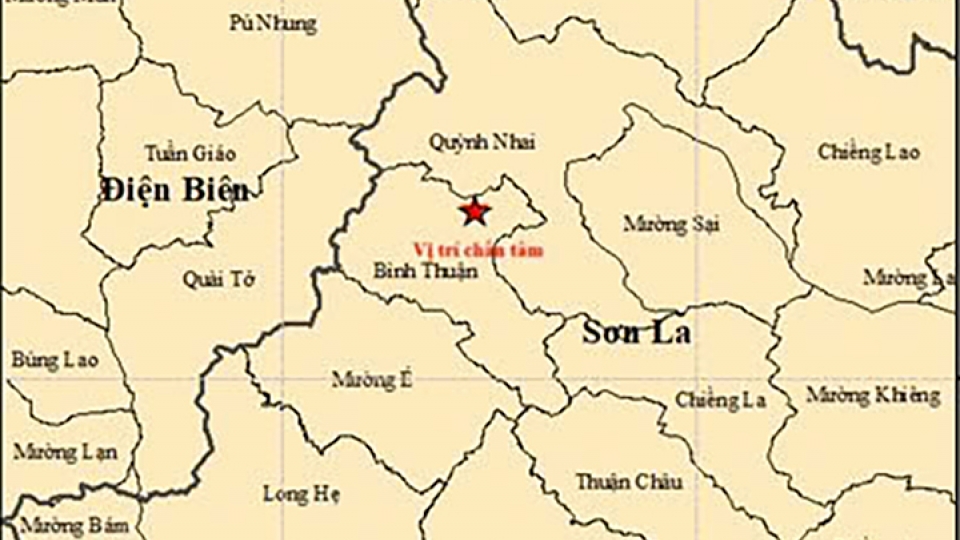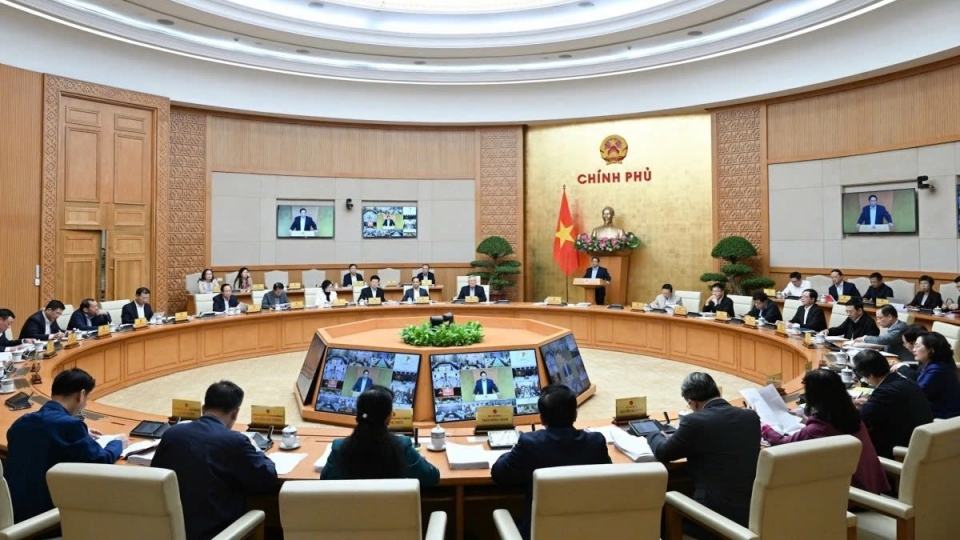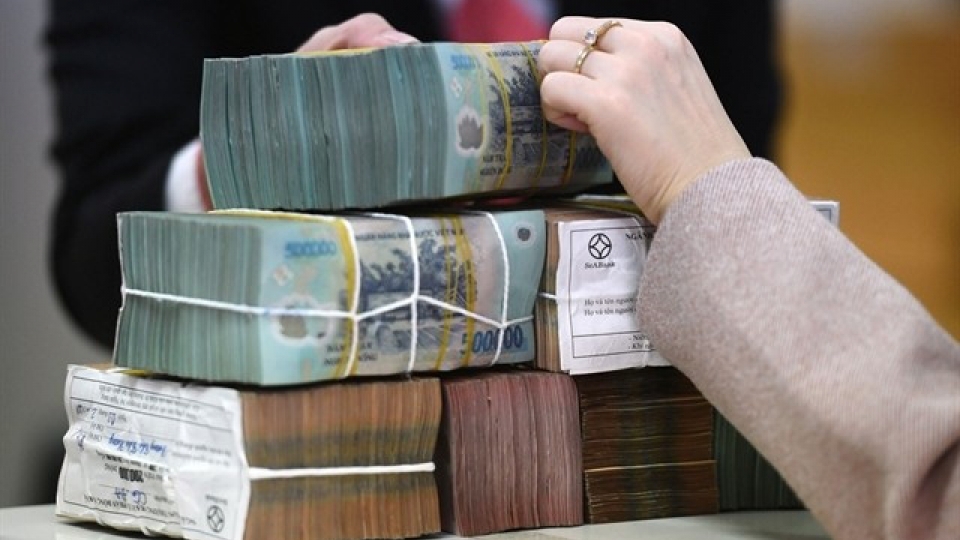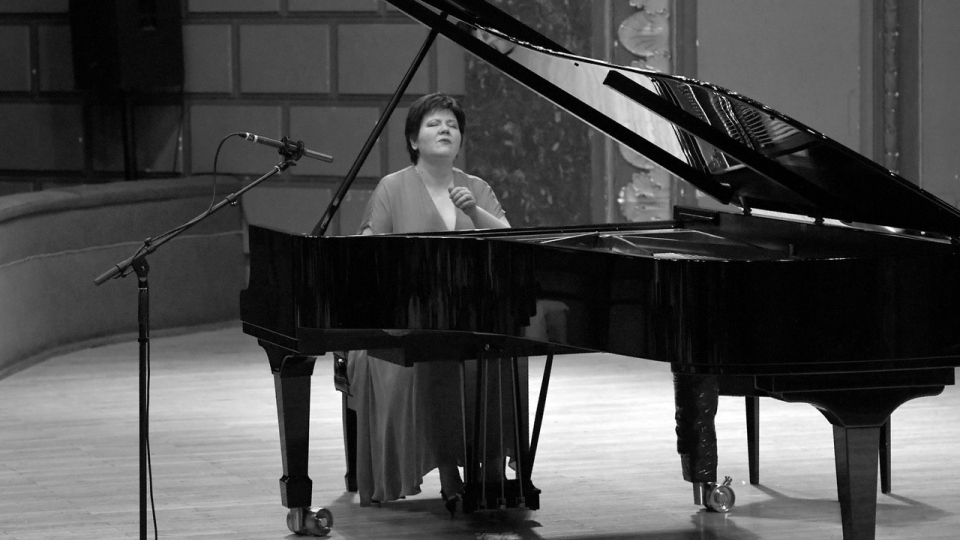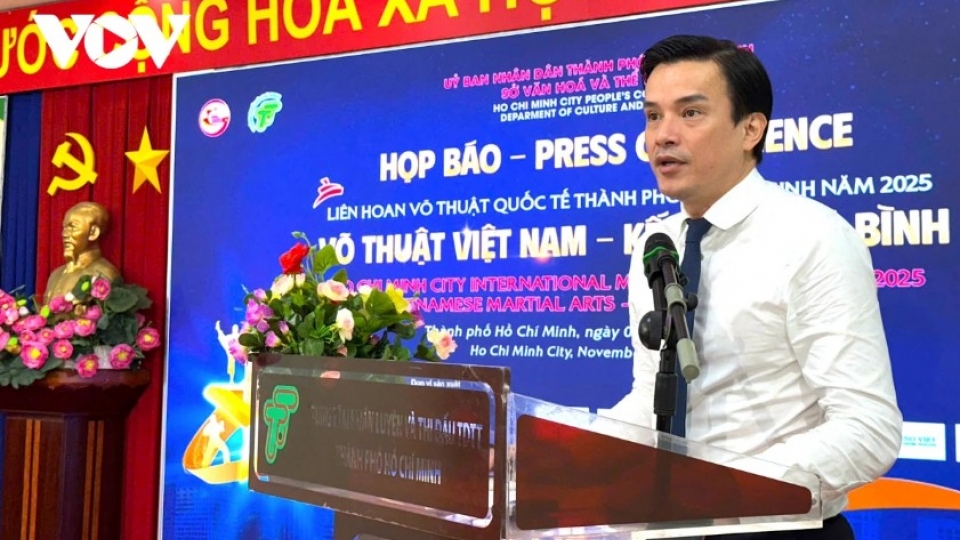Tag: music

French pop-rock star Zélie to kick off Vietnam tour this October
VOV.VN - French pop-rock sensation Zélie, winner of the FAIR 2024 Award, is set to captivate Vietnamese audiences with a series of concerts across major cities from October 3 to 11.

PM congratulates singer Duc Phuc on winning Intervision 2025
Prime Minister Pham Minh Chinh has sent congratulations to Duc Phuc after the singer won the first prize at the international music contest Intervision 2025 in Moscow, Russia.

Prime Minister attends “V Fest – Vietnam Today” music festival
Prime Minister Pham Minh Chinh attended the “V Fest – Vietnam Today” music festival at the National Exposition Centre in Dong Anh commune, Hanoi, on September 20 evening.

Grammy-winning Secret Garden to perform in Vietnam for first time
VOV.VN - Irish-Norwegian duo Secret Garden will make their debut in Vietnam at the National Convention Center in Hanoi on October 18, as part of the international music project Good Morning Vietnam, jointly organized by Nhan Dan (People) Newspaper and IB Group.
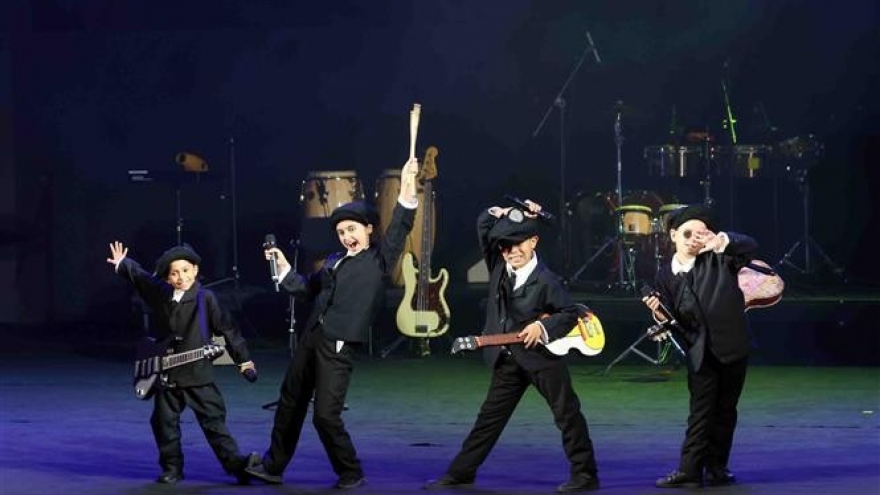
Cuban children’s theater troupe performs in Hanoi
The Cuban children’s theater troupe La Colmenita staged the musical “Cinderella...According to the Beatles” on August 26 at Ho Guom Theatre in Hanoi, as part of activities marking the 65th anniversary of diplomatic ties between Vietnam and Cuba (1960–2025).
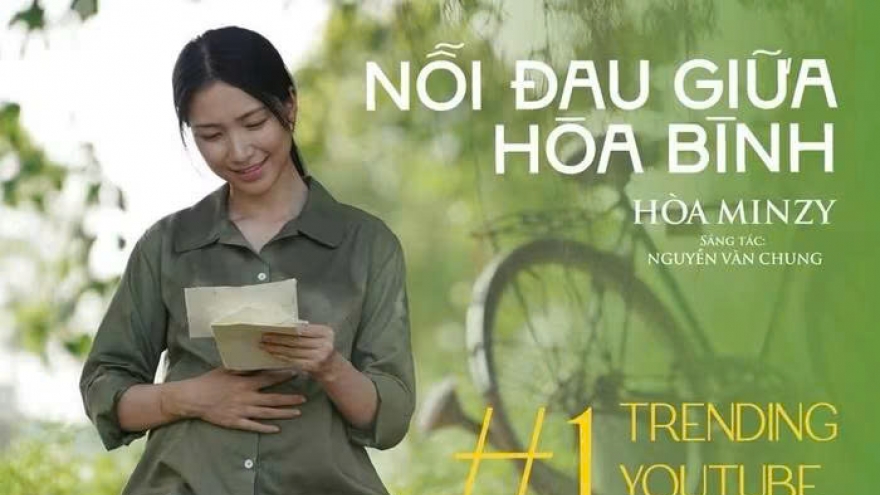
Hoa Minzy’s MV hits global Youtube trending charts
VOV.VN - Vietnamese singer Hoa Minzy has made waves on the global music scene with her latest music video ‘Nỗi đau giữa hòa bình’ (Pain in the Middle of Peace), which quickly climbed the Music Video Trending Global chart, reaching 18th place shortly after its release.
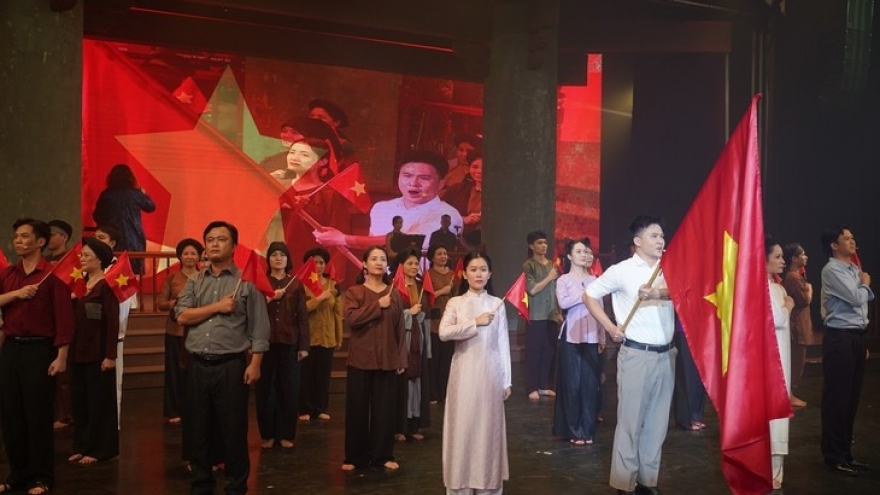
Vietnam, RoK work together in first revolutionary musical
“Café banh mi” – a revolutionary musical marking the first collaborative theatrical production between Vietnam and the Republic of Korea (RoK) – has been introduced in Hanoi as part of national celebrations of the 80th anniversary of the August Revolution (August 19) and National Day (September 2).
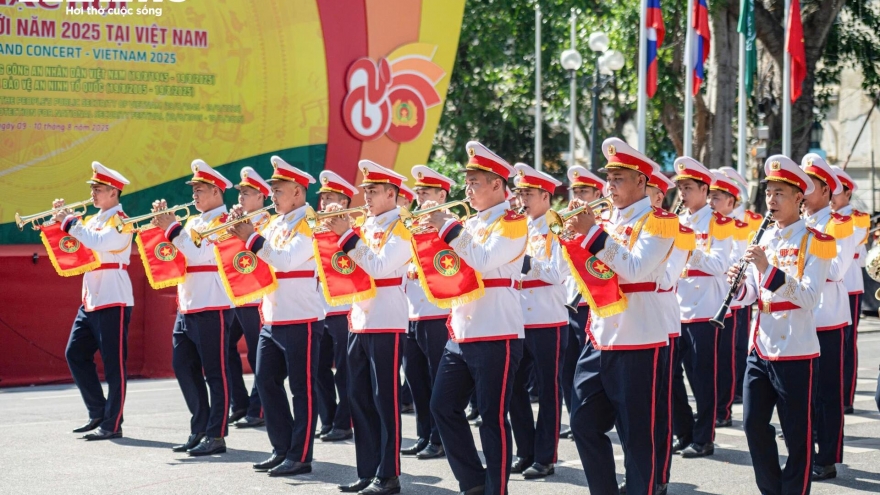
World Police Music Festival 2025 kicks off in Hanoi
VOV.VN - The World Police Music Festival 2025 opened at the Hoan Kiem pedestrian zone in Hanoi on August 9, attracting large crowds of locals and tourists.
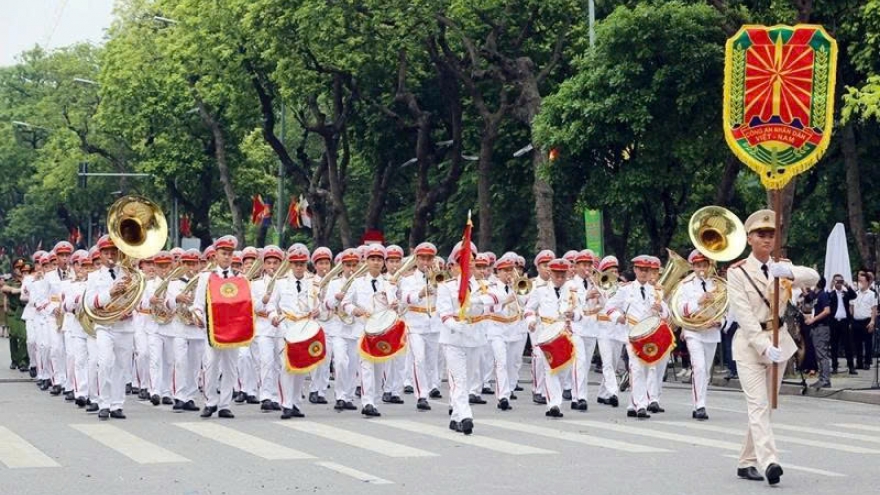
World Police Music Festival 2025 to bring global bands to Hanoi
Eleven bands representing eight nations will converge in Hanoi for the World Police Music Festival 2025, scheduled for August 9 to 10.
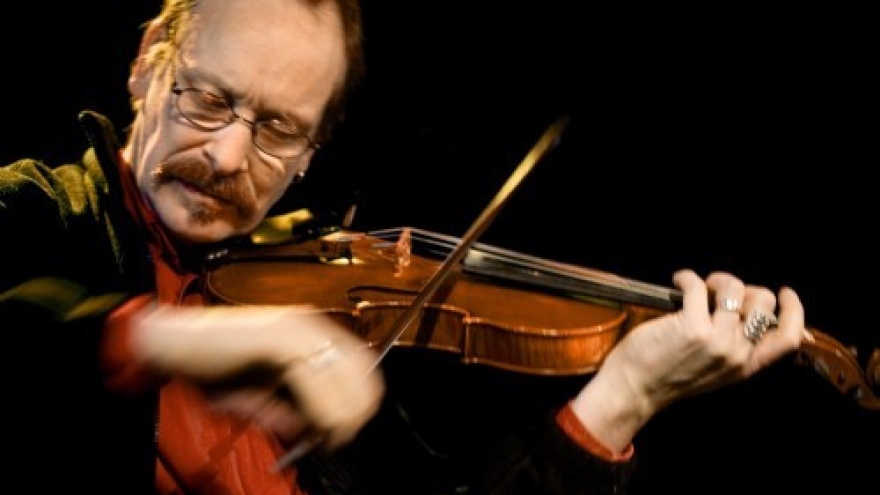
Concert highlights folk music of Vietnam and Sweden
Swedish fiddler Mats Eden and Vietnamese musician Ngo Tra My will perform together on August 5 in Hanoi.

